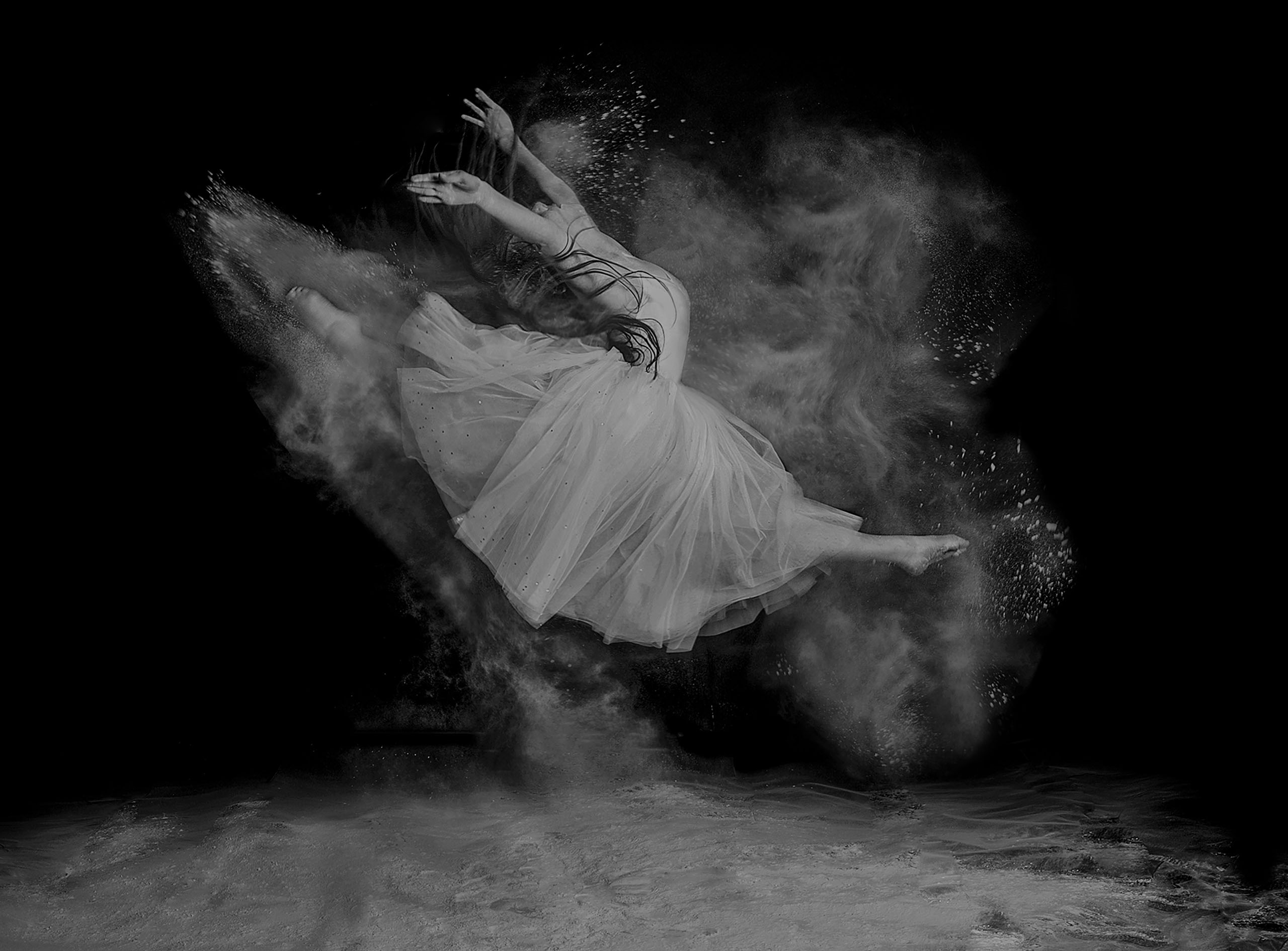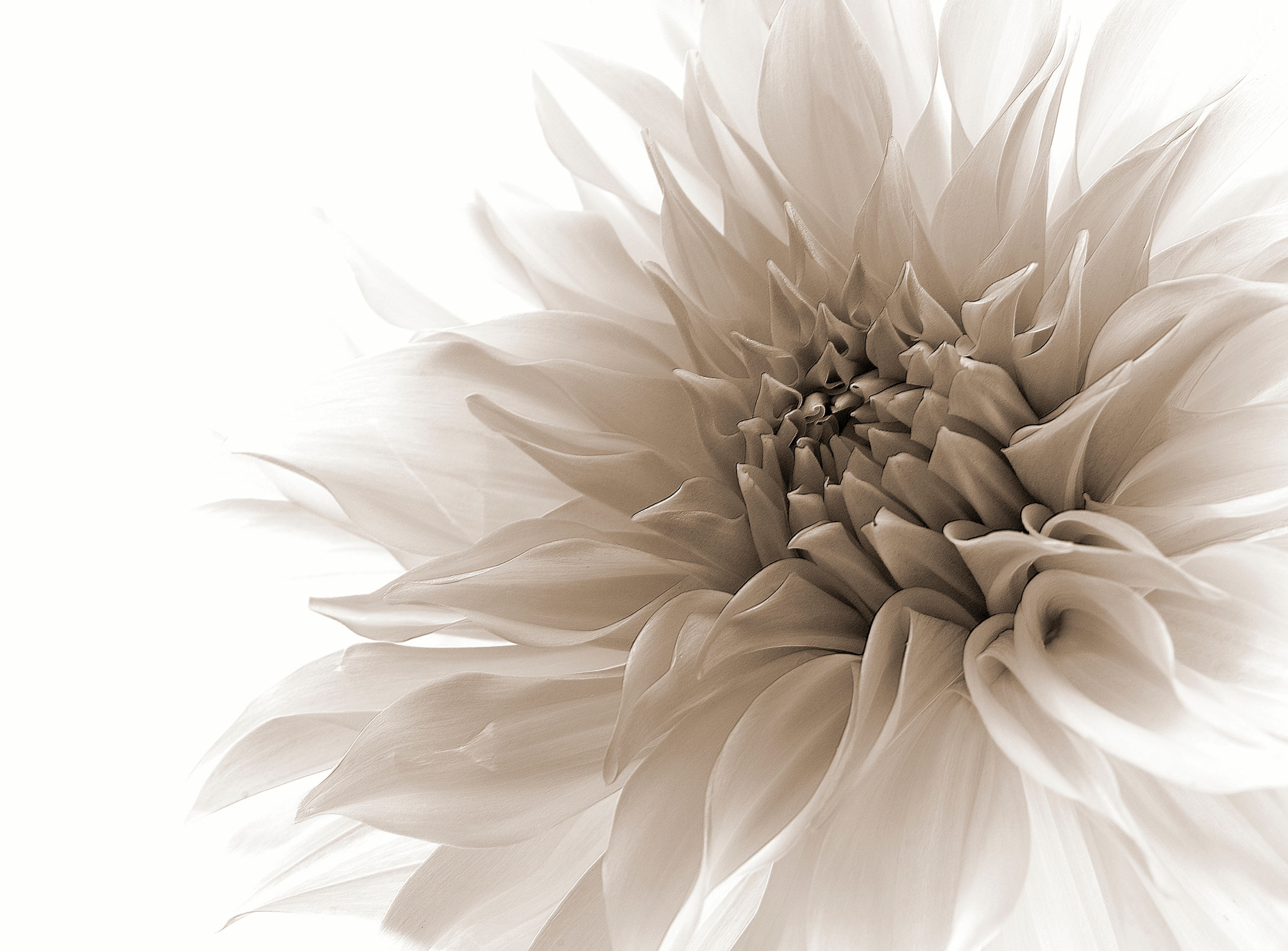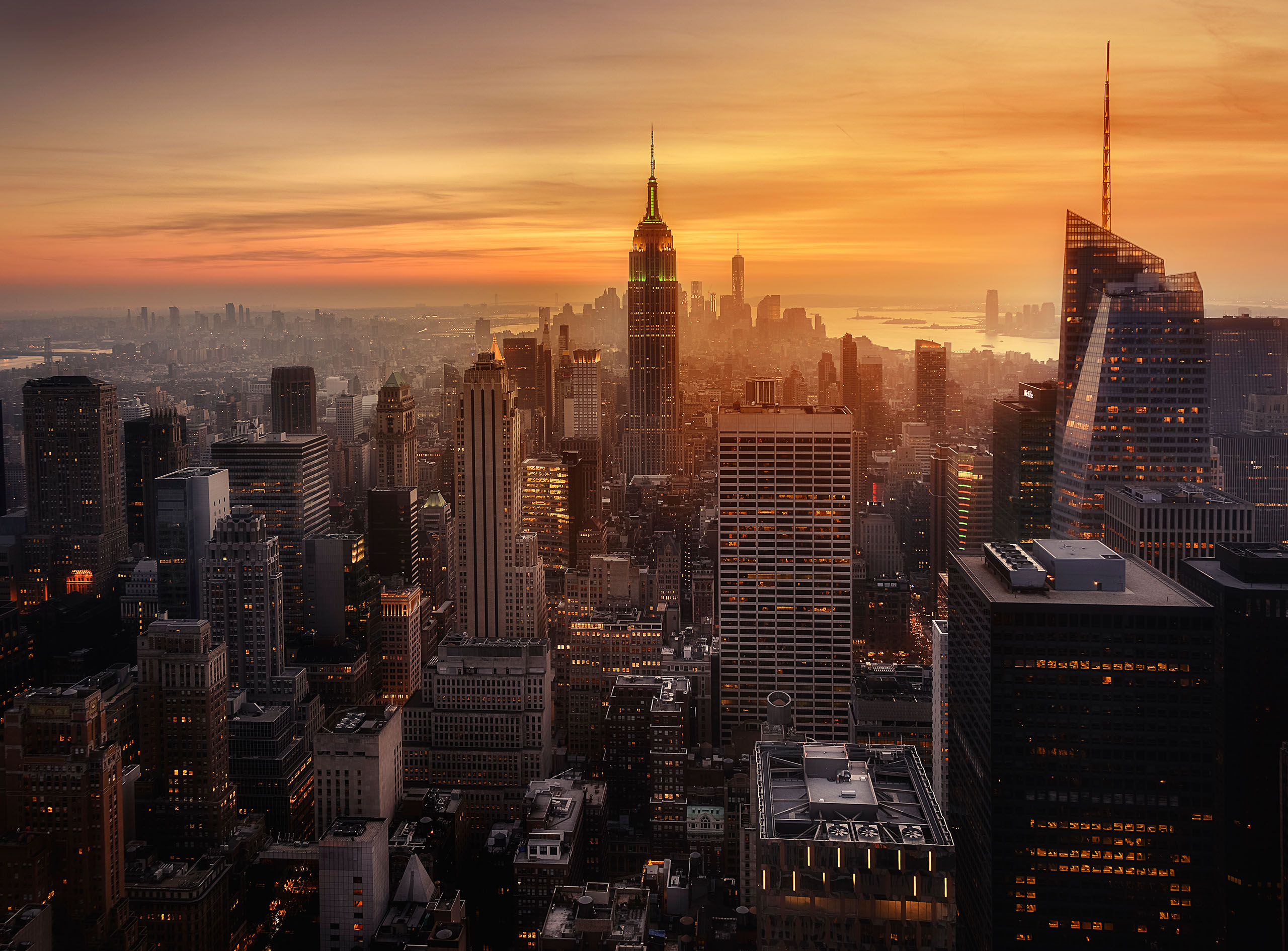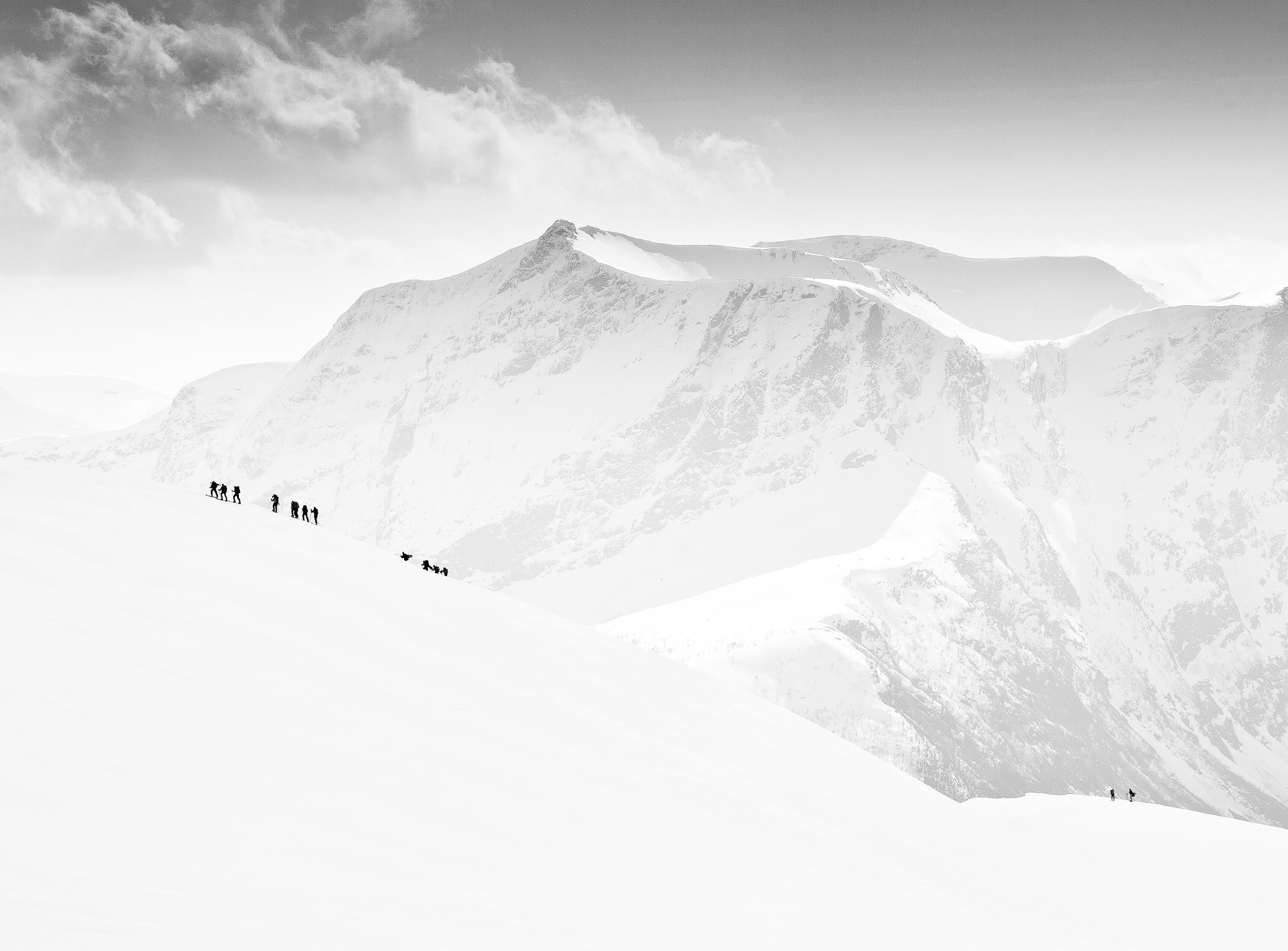SEARCH






|
|
|
|


By Editor Marius Cinteză
Edited and published by Yvette Depaepe, the 8th of August 2025
I first met Dan years ago, here in Bucharest, where our shared passion for photography brought us together for many shoots after (recently, his idea for the “Telefonul fara fir” (Chinese Whispers) project led to our photo group exhibition opening). Though an IT engineer by profession, Dan is a photographer with remarkable dedication, constantly seeking that perfect shot and compelling composition. His passion is evident in every frame. He has honed his talent not only through recognized programs like “RGB Photography” and “Fotopoetica”, but also through continuous, self-directed study. He is particularly drawn to abstract street photography, a genre he approaches with enthusiasm due to the constant availability of scenes, right before our eyes. However, like any authentic artist, Dan faces his own unique challenges: battling his comfort zone, overcoming fears, and resisting the easy temptation to fall back into clichés. He firmly believes that the only way to move forward in art, and indeed in life, is to be honest with oneself – a principle often easier said than done, but undeniably essential.
I invite you now to discover more about his vision, creative process, and how he manages to transform everyday moments into art!
Dan, it's great to have you with us! To start, could you tell us a little bit about yourself beyond photography? What are some of your hobbies or other interesting projects you're involved in?
Thank you for the invitation! From my school days, I was always more interested in the exact sciences. After graduating as an electronics engineer, I worked for over 20 years as a software project manager. This wasn't very related to the humanistic side of sciences. So, you might say there's quite a big difference between the precise, daily work I do, with schedules and exact resource calculations, and my after-work life, with all its photography-related activities. Actually, there is a connection, something that links the two. In both areas, you have to be empathetic, you need to talk to people honestly, you truly need to want to understand their needs, and you need to be passionate about what you do if you want to be successful.
Thinking back, what was that moment or period when you first realized you wanted to explore the world through photography?
I remember the moment quite well. I was visiting a friend, and we were looking at some photos he'd taken over the years at different events. I was impressed by the impact the photos had on the entire group. It wasn't just the shared memories of the events; the photos also had some interesting qualities compared to what I was doing at the time. So, when I went home, I decided to read the user manual of the DSLR I owned then, a Nikon D40. My initial thought was that I only needed to learn how to use the camera, and then I'd know everything. That was just the beginning of something that started 10 years ago and hasn't stopped since.
Photography can mean so many different things to people. How would you describe your own personal connection to it? How big a part does photography play in your life?
For me, photography went beyond a hobby; it became a passion. When I leave for the office, I carry my camera and look for possible photos. While I'm at the office, I search for potential images. When I head home, I often take the long way, usually walking, to see what I can find. When I watch movies, I try to analyze the imagery. I even look at older films and focus specifically on their visuals. I go outside the city with my photographer friends and spend the day taking photos. I also take 2-3 day photography trips with my former “Fotopoetica” colleagues. I organize one-day studio photo shoots with friends. I even organized the "Telefonul fără fir/Chinese Whispers" project with some friends. I've also spent a lot of time watching (or "studying") photography and art albums. So, as you can see, it's not just connected to my life; it's an integral part of it.
Looking back at your journey so far, is there a particular experience that really stands out as having a significant impact on how you approach photography today?
Many experiences have shaped me, but there are two I want to highlight. The first was at the very beginning of my photography journey when I attended “RGB Photography” classes. There, I met Răzvan Buluș, my teacher, who not only taught me everything about photography but also managed to ignite my passion for it. I remember going into those classes thinking I pretty much knew all there was to know about photography (of course, at that time my knowledge was mostly technical, which I thought was all I needed). After a couple of years, I left with a hobby transformed into a passion, realizing how vast the photography world truly is and how much I still had to discover. He achieved this by assigning interesting homework each week (like "Sewed Apples"), and by introducing us to the art world through discussions about pictures, films, and music. His passion for photography and art transferred to me almost imperceptibly, and for that, I am truly grateful.
The second experience happened two years ago when I completed the nine-month “Fotopoetica” program. At that time, I was unhappy with my photography results; I felt stuck and was looking for a way to move forward but didn't know what to do. This breakthrough came with the help of the teacher, Francisc Mraz, and the friends I made during those nine months. This experience came just in time, not only helping me advance but also pulling me out of the clichés I was stuck in. It forced me to move forward, often through the harsh feedback I initially received on my homework, and by constantly integrating discussions about other art forms like films, books, and music into our photography sessions. This consistent feedback pushed me to completely break free from my clichés, encouraging me to travel further and further with my colleagues, always striving to find that "encrypted" frame.
You've explored various genres, which is fantastic! But it seems like abstract street photography is a real defining aspect of your style. What is it about capturing life on the streets that draws you in so strongly?
It's the availability of the scene; I can just step out of my building or the office and I'm in the scene. Also, when taking photos on the street, you have to train yourself to pay attention to all details, to try to foresee what's going to happen.
What keeps that passion alive and growing? What are some of the things that motivate and inspire your work?
It's the fact that you get to know a lot of people, you get to see many new places in your search for the new, and you see old places with a fresh eye. You also get to learn a lot about places and the people living there. So, it has to be your curiosity to discover and your willingness to connect with people.
What do you find to be the most significant hurdle or challenge you face in photography?
My biggest challenge is fighting with my own comfort zone, my own fears, and the easy tendency to fall back into clichés. I've done that for years; I got stuck in certain ideas for a long time, and I still do. But the first step to progress is admitting you have a problem, and that's often hard.
For someone just starting out and wanting to dive deeper into abstract street photography, what's the most important piece of advice you would offer them?
Do it only if you're prepared to do it long-term. Shift your focus from equipment to elevating your own education. Keep your eyes open, take it slowly, and learn from others, but don't try to replicate; instead, aim to elevate yourself. Observe what others are doing, try to understand why you like certain photos, go out with others to take photos, and learn from how they behave and see.
In your opinion, what are those special, perhaps less obvious, 'ingredients' that elevate a photograph from good to truly remarkable?
There are no secret ingredients. You have to be honest with yourself to understand where you are, be clear about where you want to go, have clear steps on how to get there, and just enjoy the ride. So, move away from the context of getting likes on social media. Instead, have a bird's-eye view of your work and be ready to admit where you stand. This is the only way to move forward: by being honest with yourself. This is harder said than done.
Could you give us a glimpse into your typical workflow when you're out on the streets? Do you plan your locations, look for specific subjects, or is it more about exploring and reacting to what unfolds?
I'm in a constant look for subjects, mostly for interesting characters. Then I follow two paths: in some cases, I don't interact and try to take photos in silence, or I do interact with the person, talk to him/her, and at the same time look for a possible background. The other approach I take is when I see an interesting background, I wait for the subject to come. But all this is just theory; your mind should be ready to receive the image that's coming to you. If your eye isn't trained, or your mind isn't there, or you don't have the courage to take the photo, the opportunity will pass you by. There are moments when you can provoke a photographic situation. Some time ago, I was in a small village, and I started talking to a lady who was gardening. After talking for 10 minutes, she invited us into a courtyard where we could take photos for the next 30 minutes.
How do you consciously work to avoid falling into clichés in your own images?
At some point, you realize you can't be a better version of another photographer, only a better version of yourself. So, if you manage to get away from the continuous competition with others, you can be honest with yourself and truly look at what you do. That's the moment when you can realize you're stuck in your clichés and do something about it. That doesn't mean you're completely avoiding them, but you keep a bird's-eye view on what you do and consciously try to avoid them.
There's often a debate about gear. While passion is key, could you share with us what your go-to equipment is these days – your camera bodies, lenses, and anything else essential?
My current go-to camera on the street is the Ricoh GR3, which has the equivalent of a 28mm full-frame lens. I usually use the time priority mode and decide from the start the type of output I want to get. Then, with just the hand that holds the camera, I can modify the exposure compensation and perhaps the time, making it really easy to use. At the same time, people on the street don't consider you a photographer; they see you more as a tourist and will successfully ignore you. Besides the Ricoh, when I go to locations where I spend more time talking to people before taking their photos, I use a Canon R6 with a 28mm lens. I've learned in the last year that while gear can help you achieve your goals, your main tool is yourself, along with your imagination. So, I try to keep my gear as simple as possible and focus on improving myself.
You've been involved in many collective exhibitions since you started your photographic journey, like “Fotopoetica”. What do these experiences mean to you and your artistic development? How have they shaped your vision?
I was lucky to be part of the “Fotopoetica” group that had exhibitions in Dianu, Romania. This is a small village with an idyllic landscape where, from the first moment, we were welcomed, even though they knew nothing about us. They welcomed us into their yards, into their homes; they fed us and shared with us the stories of their lives, both happy and sad moments. So, when these people opened their hearts to us completely, that was the moment I realized I shouldn't be there only to take photos. Instead, I should first give them some of my time by listening to them, and then, perhaps, try taking some photos with them.
Could you tell us about a favorite photograph you've taken in the last few years? We'd love to hear the story behind it.
I have a photo (“Born”)) that I took while visiting Dianu, a small but very nice village in Romania. I was there a couple of times with my former “Fotopoetica” colleagues, and our main contact person there is a local photographer, Ion Cirstea (Nea Ionică). He was with us on every visit, helping us get to know the people and quickly establish contact with them. For this special photo, we were visiting an old house that was no longer inhabited. At some point, while we were inside taking photos, someone asked him to open the window. So, I ran outside, stood in front of the window, and waited for the action. The way he opened the window—perhaps because it was an old window, or maybe because he wasn't quite tall and struggled a bit—gave the final photo an enigmatic look, leaving the viewer to wonder what he was actually doing there.
Are there any particular photographers or mentors who have significantly influenced your eye and your approach to photography?
Many photographers have influenced me over time, including many from Romania. Currently, there are a few whose work I greatly admire: Josef Koudelka with his album Gypsies, Harry Gruyaert with his album Morocco, and Antoine D'Agata with his projects Insomnia and Mala Noche. Whenever I see a photo I like, I try to understand why I like it and see if I can learn something from it. Sometimes, a photo I admire sticks in my mind forever.
Finally, as we wrap up, could you share any exciting plans or photographic projects you're hoping to dive into in the future?
There's one project I started with some friends a couple of years ago ("Telefonul fără fir," or "Chinese Whispers"), which is already at version 3.0 and that we plan to continue. I also plan to continue my visits outside Bucharest, either in Dobrogea or other parts of the country. There's also the challenge of starting to take photos in Bucharest again. I have some projects in mind, both with photographer friends and some alone. This year, I hope to organize another studio photo shoot. So, I have some ideas, and I hope most of them will materialize.
 | Write |
 | garyholman PRO Wonderful! interview and superb work. Congratulations! Dan |
 | Dan Stanila PRO Thank you |
 | Eiji Yamamoto PRO Thank you so much for this interesting interview with great photos! It's very inspiring! |
 | Dan Stanila PRO Thank you |
 | Rucsandra Silvia Calin PRO Congratulations! Stunning photos!
|
 | Dan Stanila PRO Thank you |
 | Gabriela Pantu PRO Wonderful selection, superb pictures and great interview.Congratulations Dan, such a treat, your work is just amazing, love your vision! Thank you, Marius and dear Yvette for always bringing us so much delight in the Magazine. <3 |
 | Marius Cinteza CREW Thank you so much, Gabi!! Really appreciate it! |
 | Dan Stanila PRO Thank you |
 | Bogdan Bouşcă PRO Very very professional! Congratulations! |
 | Dan Stanila PRO Thank you, Bogdan! |
 | Marius Cinteza CREW Many thanks, Bogdan!! |
 | Ludmila Shumilova PRO Interesting interview and an impressive gallery of work both original and poetic, reaching beyond appearances. Congrats! |
 | Dan Stanila PRO Thank you! |
 | Marius Cinteza CREW Thank you much, Ludmila!! |
 | Adolfo Urrutia PRO Excellent interview and fantastic work. Congratulations!! |
 | Dan Stanila PRO Thank you! |
 | Marius Cinteza CREW Many thanks, Adolfo!! |
 | Parole Kim PRO The wonderful interview and profound work left a deep impression on me. Congratulation !!! |
 | Dan Stanila PRO Thank you! |
 | Marius Cinteza CREW Many thanks, Parole, for the kind words! |
 | Subhash Sapru PRO Fantastic |
 | Dan Stanila PRO Thank ypu |
 | Vesna Walden PRO This is just stunning!Amazing work!
|
 | Dan Stanila PRO Thank you |
 | Wanghan Li PRO Nice interview plus wonderful and artistic works! Best compliments! |
 | Dan Stanila PRO Thank you |
 | Marius Cinteza CREW Thank you, Wanghan!! |
 | carlo borgatelli PRO Very nice pictures and interesting inteview
|
 | Dan Stanila PRO Thank you |
 | Marius Cinteza CREW Many thanks, Carlo!! |
 | Emilian Avramescu PRO Congrats, Dan!
|
 | Dan Stanila PRO Thank you |
 | Dazhi Cen PRO Amazing and moody. |
 | Dan Stanila PRO Thank you |
 | Fulvio Pellegrini PRO Beautiful story and stunning portfolio. Just a doubt/question ..why the nude photography so impressive and important in Dan's portfolio here in 1x are completely missing ... in your description? |
 | Marius Cinteza CREW Fulvio, thank you for your kind words! This article focuses on Dan's abstract street photography, but his nude portfolio is an excellent idea for a future piece. |
 | Elena Raceala CREW Stunning photos, incredible atmosphere!! Congratulations Marius for the interview and for the idea of inviting Dan to reveal something to us about his work!! |
 | Dan Stanila PRO Thank you |
 | Marius Cinteza CREW Many thanks, Elena! :-) |
 | Michael Echteld PRO Fabulous series. Very inspirational. |
 | Dan Stanila PRO Thank you |